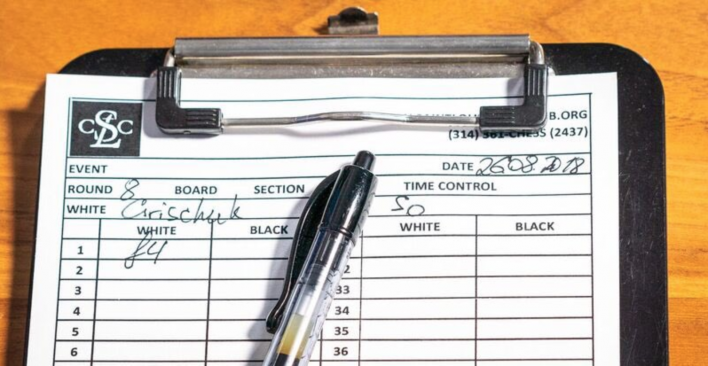
by Mauricio Flores
In this article, I wanted to share some general advice I give those who wish to improve their chess skills systematically. The ideas I am sharing have worked well for me, as well as for the many chess students I have had over the years.
In my opinion, the road to improvement begins with good openings. If you want to improve continuously over an extended period of time, you must choose high quality openings, and study them carefully. Many players seem happy to avoid theory by playing irregular openings (like the Alapin or the London System), or simply learning opening surprises tailored to each opponent. This approach may give decent results in the short term, but it is not a good approach if you wish to improve in the long term. The easiest way to identify good lines is to make a tree of all recent games with Elo ratings above 2500, and then identify the most frequent lines. You can then learn good lines from the GM Repertoire series (by Quality Chess). Avrukh’s 1.d4 books are great are ideal if you wish to play 1.d4 at high level. The same goes for Negi’s 1.e4 books.
When studying openings, I encourage you to write down the most important lines on a Chessbase file, save them, and then review them before each tournament game.
Tournament games should be promptly saved in Chessbase and annotated. This is crucial for improvement. You must compare the opening you played against the books you have studied (or the opening file you have written), and figure out whether you played correctly or not. One should go deeper into the middlegame, and figure out if you have been able to identify the correct plans or not. My book Chess Structures can be very helpful in identifying the correct plans (and provide sample games) for most positions you are likely to get out of the opening. In addition, a good engine (Stockfish/Komodo) can help you identify all the inaccuracies you had. Engine use is particularly important for the early middlegame. Let’s say your opening was a success, you had a tiny advantage, but you didn’t manage to make much out of it. An engine can help you find the correct continuation, which you can use for future games.
In summary, you should (1) prepare, (2) play, (3) analyze (4) play again, and repeat the process over and over. If you play good openings, and play them consistently, you will gradually build your own database of games, with all the experiences you have had within an opening. You will gradually become an expert, you will know what lines are most common, what plans work best, and which tactics are most likely to occur in the positions you play. This plan is certainly time consuming, and requires a lot of work to execute effectively, but it has been tested and yields very good results over time.


